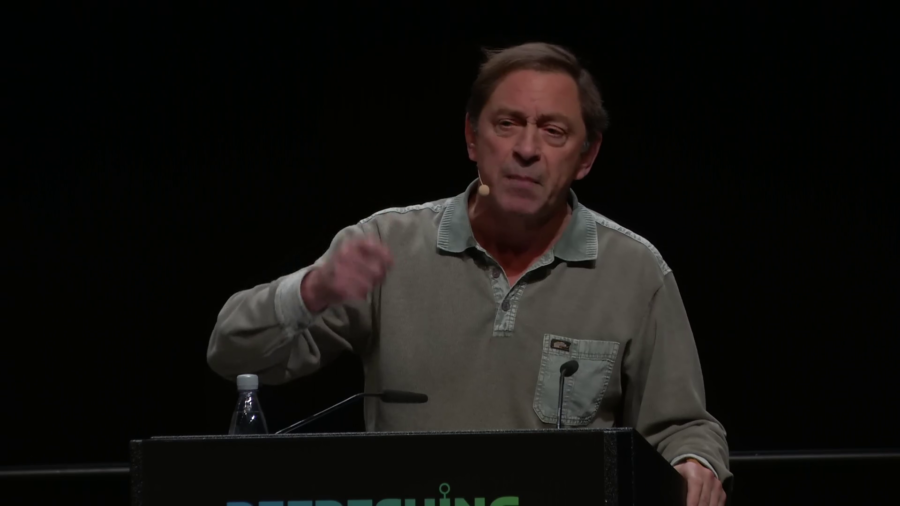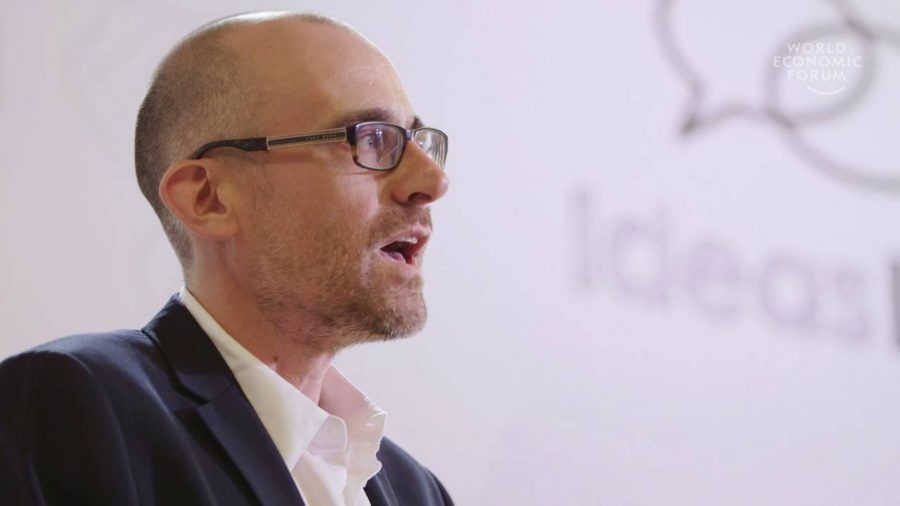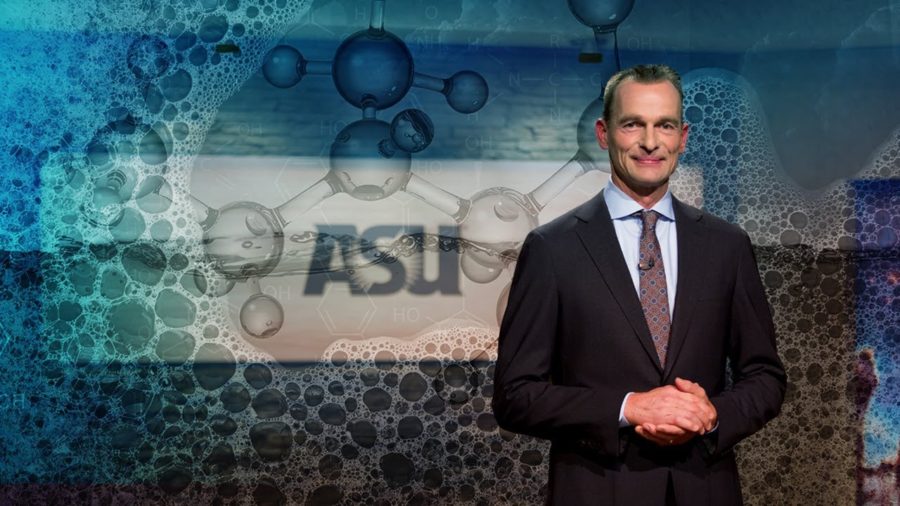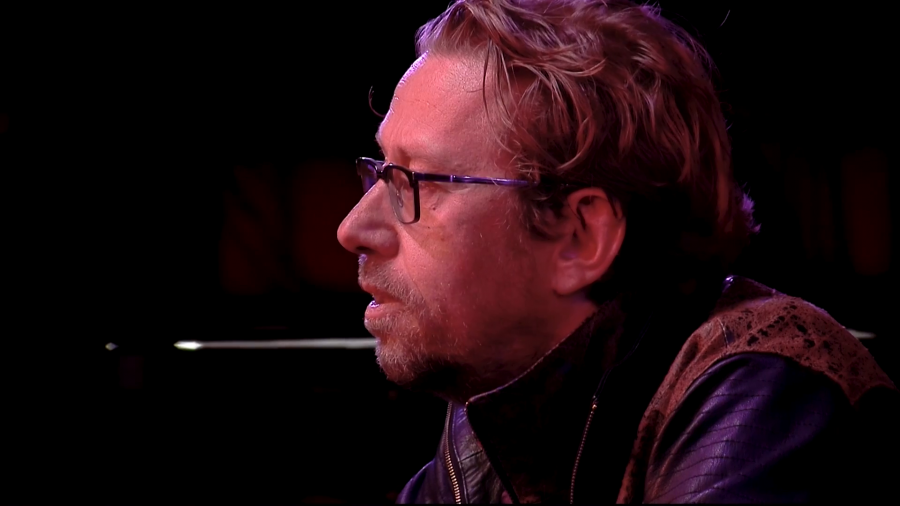We have an omnipresence of antimicrobial chemicals. We cannot escape them anymore. They are in our water, in our air, in our soil, in our food. They are in the wildlife and they are in us. But ironically, they are much more effective in killing things other than microorganisms.
Archive (Page 1 of 2)

In a book that I wrote in 2011, on page one I said that unless the insecurities, and the fears, and the aspirations of the precariat were addressed as a matter of urgency, we would see the emergence of a political monster. You will not be surprised that in November 2016 I received a lot of emails from around the world from people who said, “The monster has arrived.”
I vacillate…between thinking that we’re doomed because we have given ourselves over to a stupid system that’s now backed up by guns. And then a much more utopian view that we’ve always lived in stupid systems and that we’re always making them better.
I personally think that we need to move beyond this sort of grow or die motivation that exists within the current economy. And I think that the cooperative model is suited to addressing those concerns, especially because the co-op model is geared toward serving member needs and not driven by profit at the end of the day. That is something that bodes well for the model in terms of sustainability.
One of the most important insights that I’ve gotten in working with biologists and ecologists is that today it’s actually not really known on a scientific basis how well different conservation interventions will work. And it’s because we just don’t have a lot of data.
Today, in America right now, we only can think of growth in quantitative terms. And in a resource-constrained environment, how frickin’ stupid is that? You’re actually imposing your own death sentence by not being able to get over the grip of this quantitative dynamic.

Cities form a vast global network connected by flows of energy, food, information. This global network is the challenge of the 21st century. How do we make more sustainable cities, with smaller ecological footprints and more equitable human wellbeing?
I like to think that we are an intelligent species. I mean, actually the people that often get this most quickly are the people who are poorest, because they know the system doesn’t work. But so many of our supposedly brightest people pick this up and don’t question it. And then we have the all the whole field of economics, which is an ideology built on assumptions that if you examine them are absurd. Because you know, economists simply look at the economy as a pricing system. They’re not system thinkers. Part of the cause our crisis is that we’re not educated to think in terms of systems.
I don’t think ecological awareness is a sort of “happy happy joy joy, we are all earthlings” thing. I think it’s actually a kind of uncanny realization. On the one hand there’s no away, on the other hand what the hell is this? “This is not my beautiful waste. This is not my beautiful toilet. This is not my beautiful Pacific Ocean.” You know, all of a sudden these things become somehow not exactly what we thought they were.


